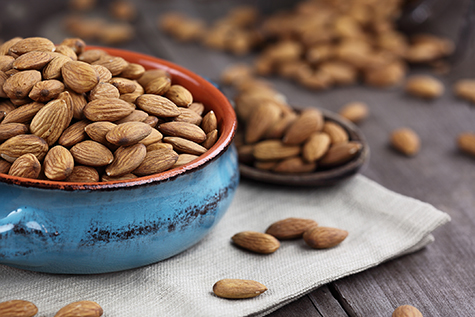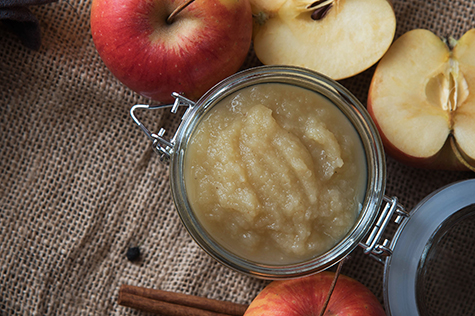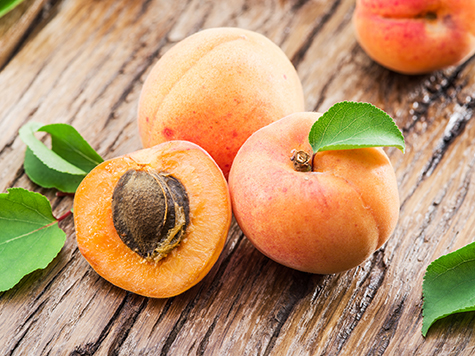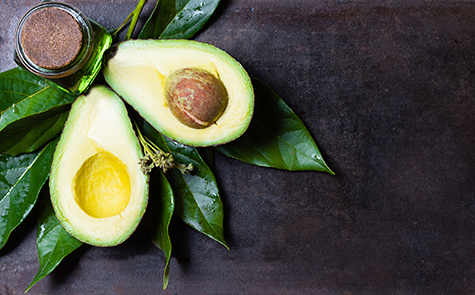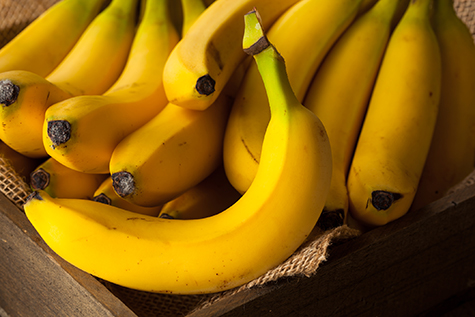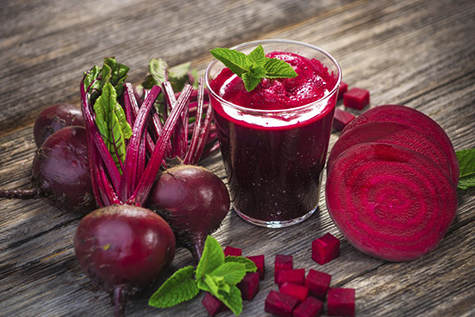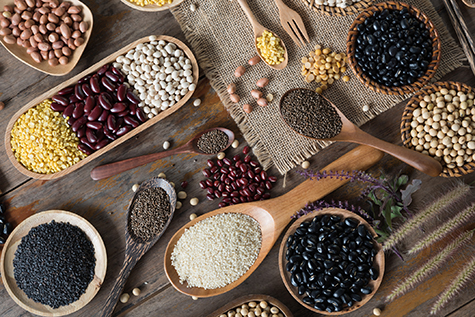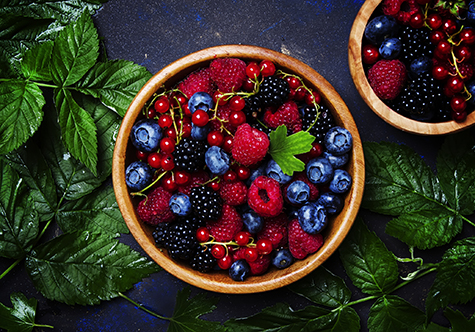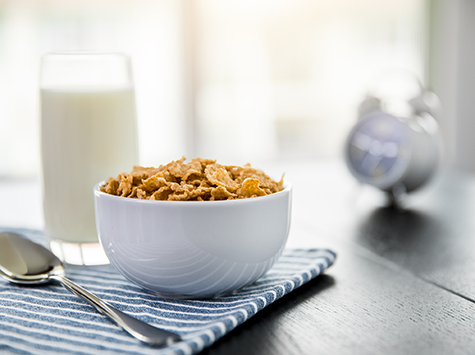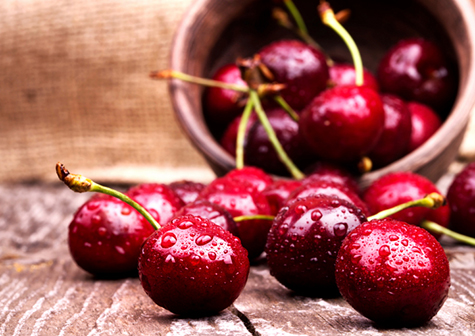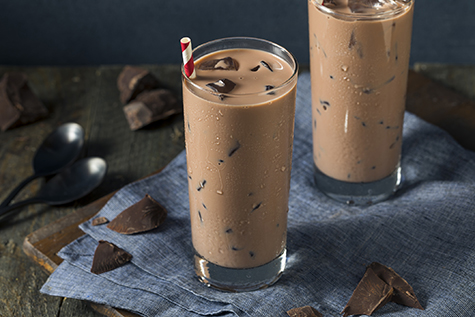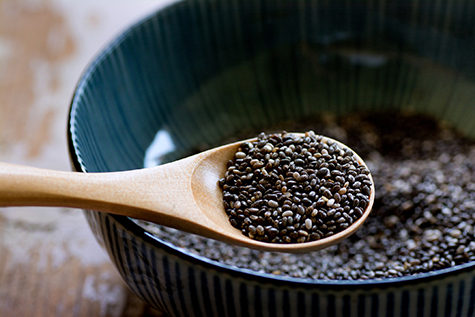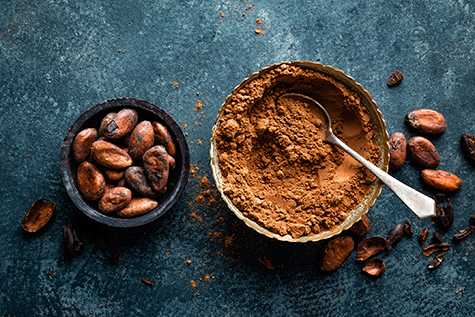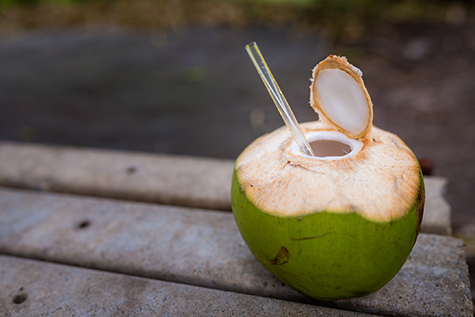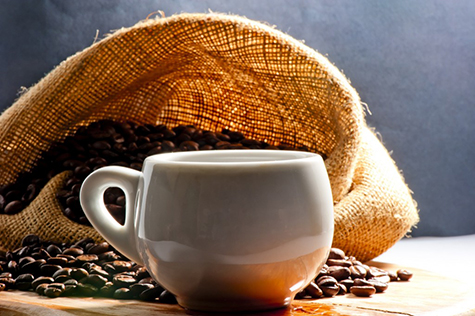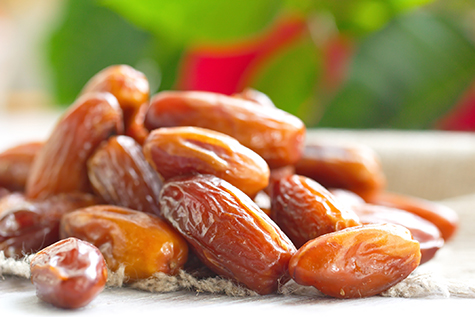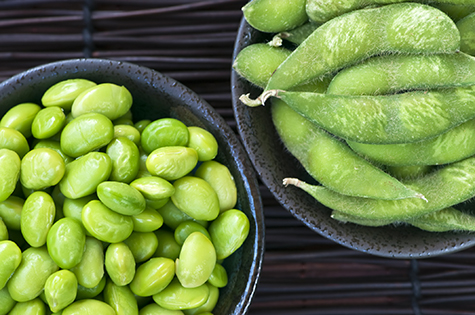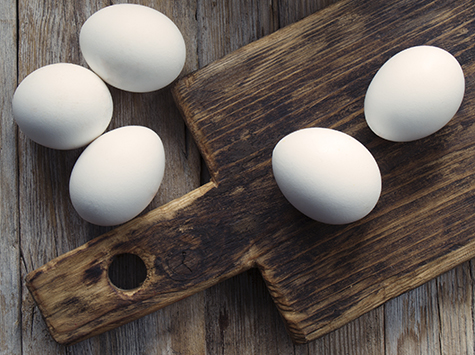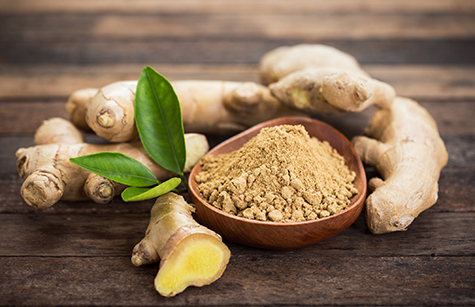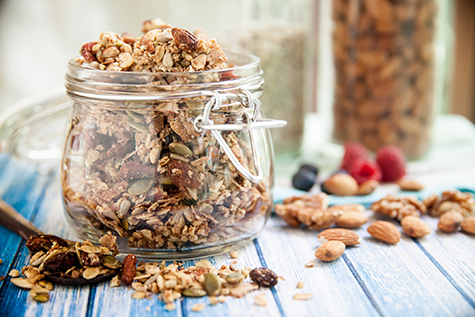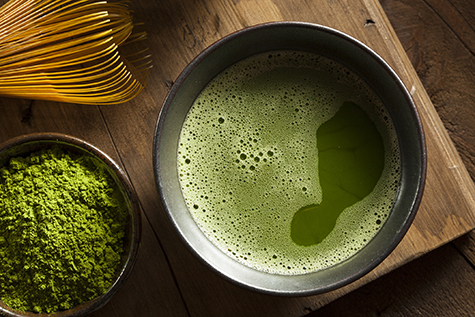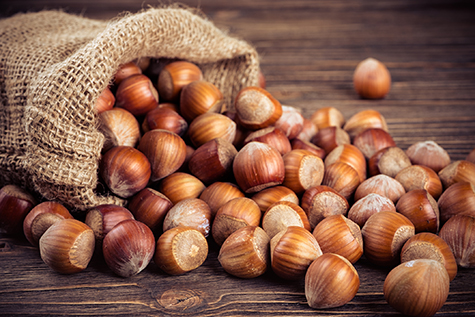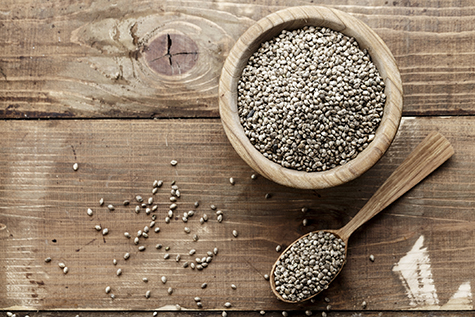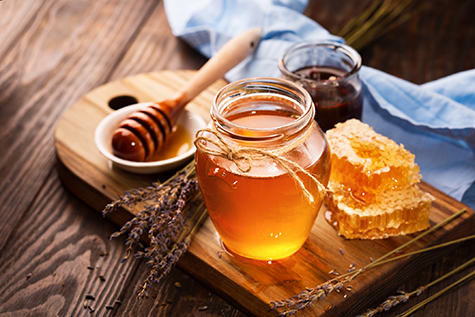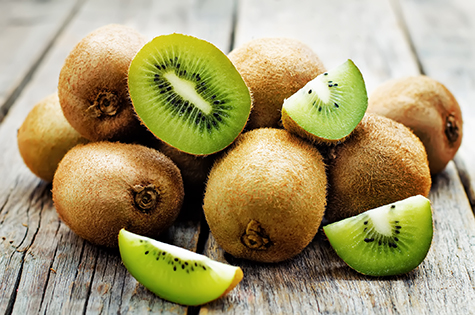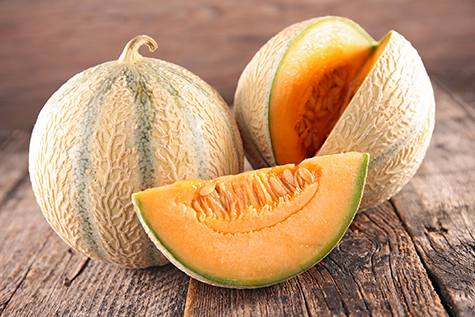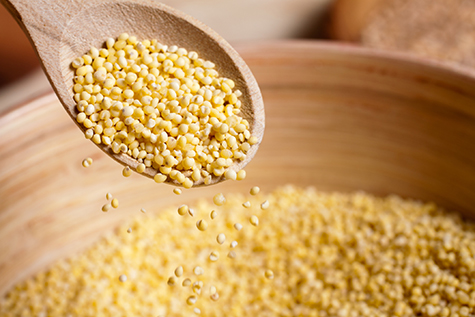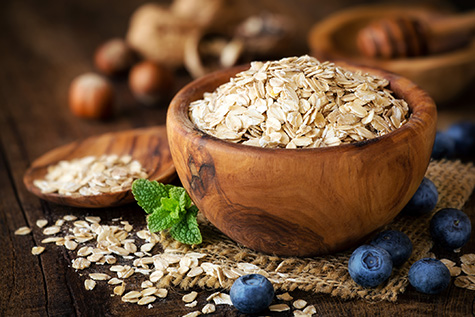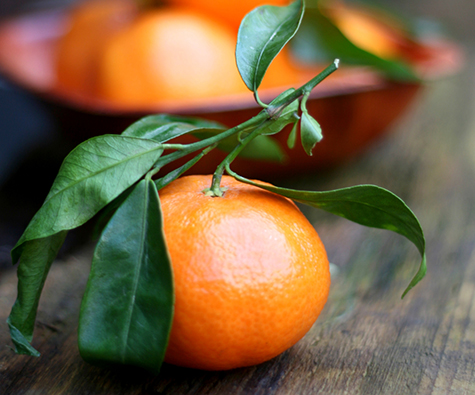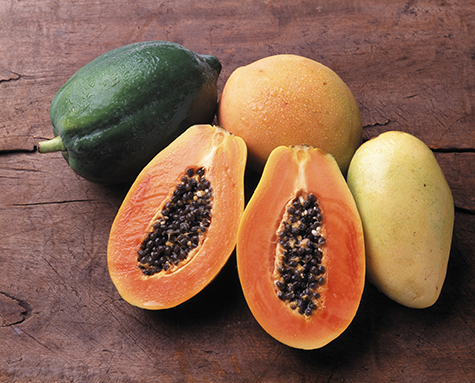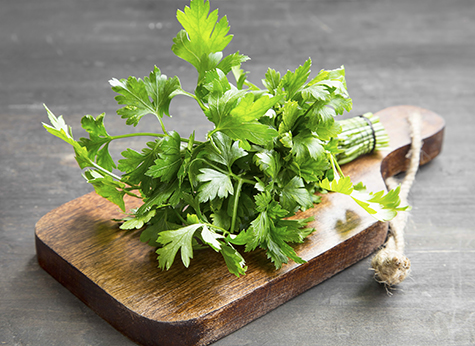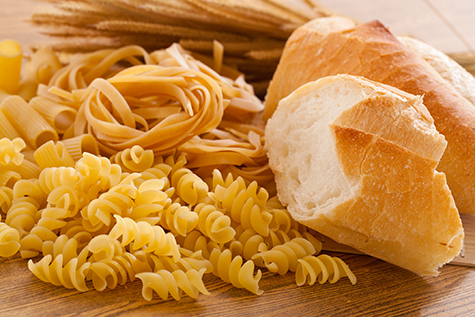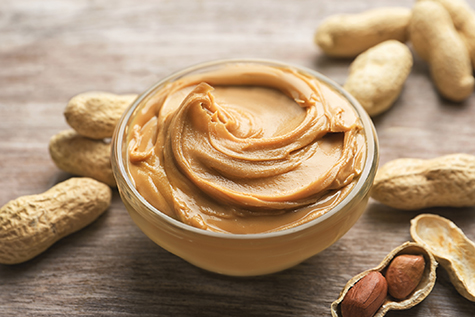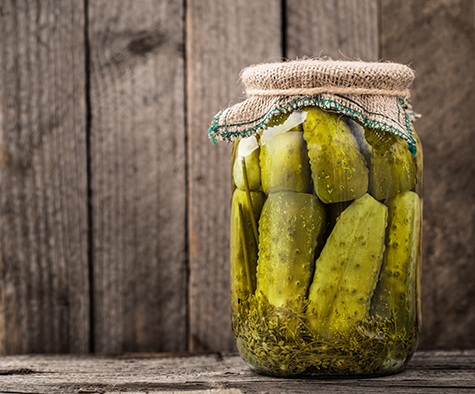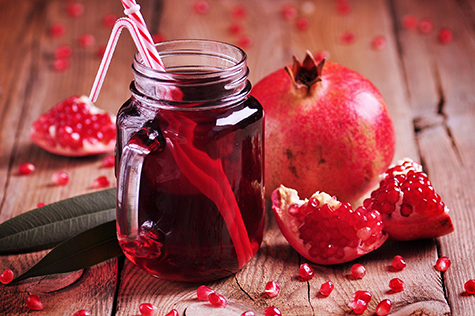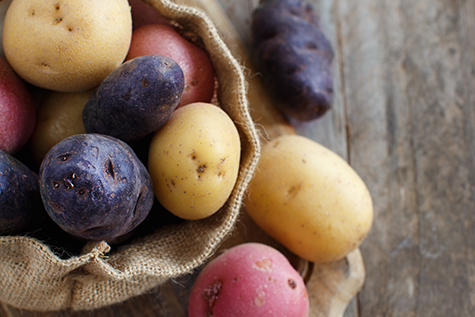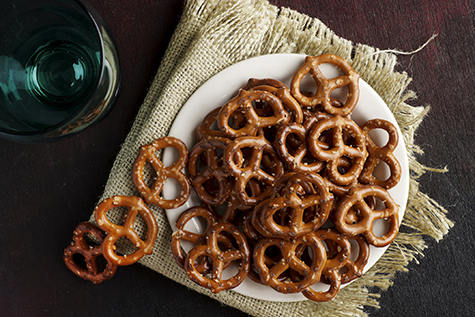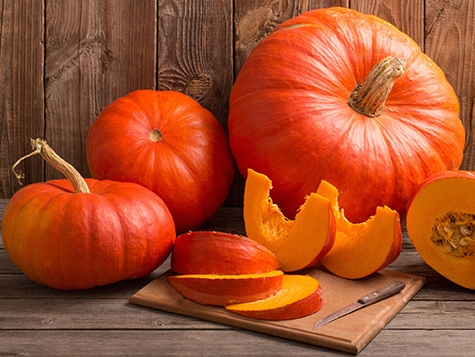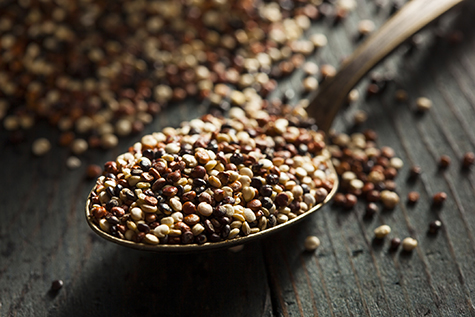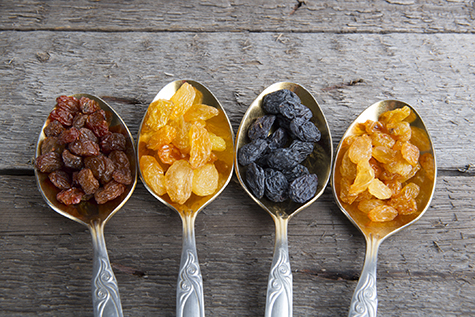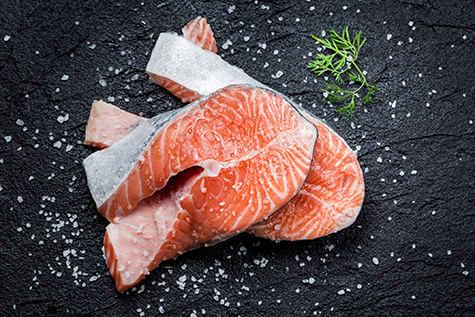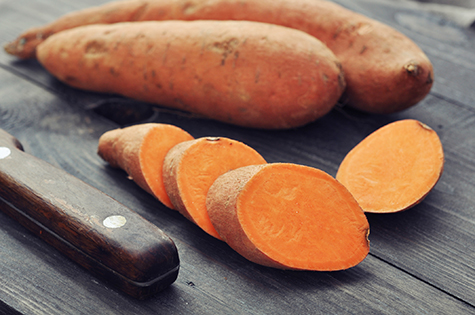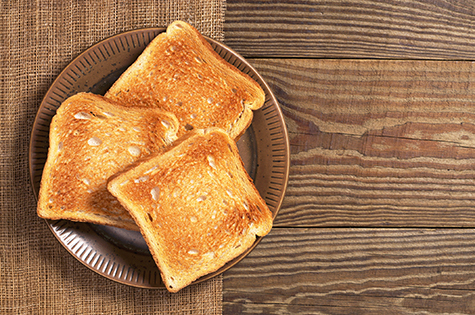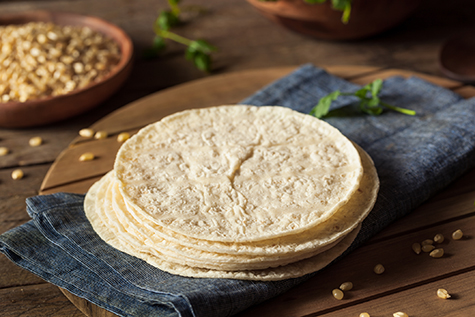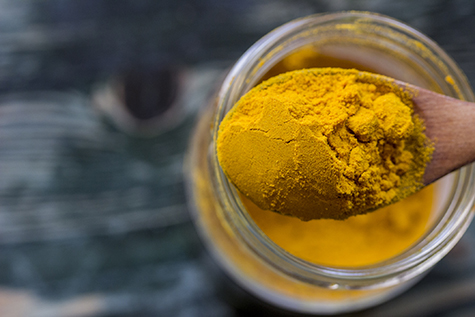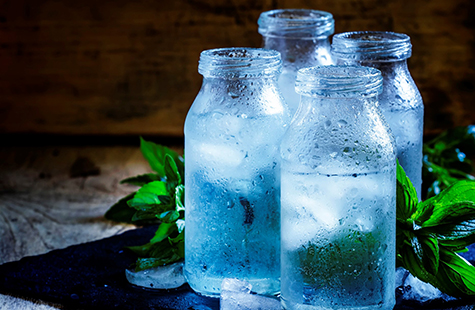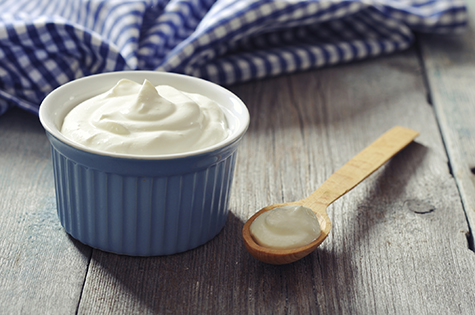Top 50 Foods for Energy and Performance

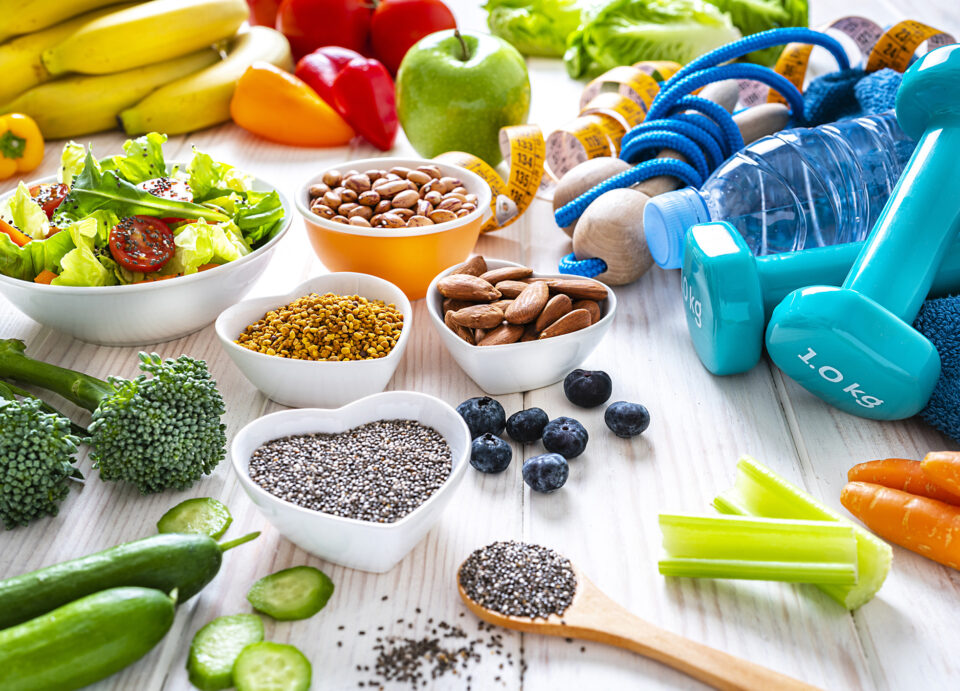
You can’t be active or workout without the right fuel for your body. The food you eat makes a huge difference in athletic performance and also for a quick stop at the gym. Foods that contain energy in the form of carbohydrates and protein in addition to certain vitamins, antioxidants and stimulants known to boost performance top the list of 50 foods for physical activity. Here they are:
1. Almonds
The key to using almonds to fuel activity lies not only in their caloric density – a useful combination of healthy unsaturated fat, protein and carbohydrates – but also in the antioxidant vitamin E content. Studies have shown that elite athletes who increase dietary antioxidants including vitamins C and E experienced better adaptations to training at altitude including increases in maximal oxygen uptake and hemoglobin mass to improve transporting oxygen to working tissue.
2. Applesauce
It’s true that many runners – both professional and recreational – experience gastrointestinal (GI) problems which can impede their performance. If you’re a person who suffers from GI distress when running or working out, consider eating lighter, stomach soothing foods before a run. Applesauce is the perfect choice because it’s rich in carbohydrate, vitamins and minerals but gentle on the stomach and intestines.
3. Apricots
Apricots fresh or dried are an athlete’s best friend. Rich in antioxidant vitamins C and beta-carotene, apricots also have a number of other antioxidants in the form of phytonutrients to help clean up metabolic waste created when working hard physically. They are also rich in complex carbohydrates for slow-burning fuel that can be consumed before or right after a big workout. Chop them up dried in granola or trail-mix or enjoy a perfectly portioned half of the fresh fruit for a light energy boost.
4. Avocado
Avocados are a savory fruit packed with healthy fat, complex carbohydrates and energy-boosting vitamins B3, B5 and B6. While a high-fat food is slow to digest and can cause stomach upset for some athletes pre-workout, it can be the perfect type of food to include after a workout to refuel. Slice it up with salt for electrolyte replacement because it’s also so rich in potassium or add it to a protein-based snack such as eggs or hummus.
5. Bananas
Bananas are the perfect fuel for a workout. The ultimate convenience food, bananas are a naturally sweet, full of complex carbohydrates for re-fueling and packed with B6 (1/4 of the daily requirement in one serving). Enjoy a small-sized fruit pre or post-workout to replenish energy stores.
6. Beet Juice
Beetroot juice is a naturally rich source of nitrate, a compound that enhances endurance performance by improving exercise efficiency. Beet juice compounds serves multiple functions related to increased blood flow and gas exchange in the blood to keep the body working optimally. Sip beet juice before or after a workout to gain these potential benefits.
7. Beans
Athletes need protein to build muscle but that protein doesn’t have to come from meat. Including plant-based protein as part of your fuel for training can have added benefits because of the extra vitamins, minerals and antioxidant that come in these foods. Aside from potassium, magnesium, folate, iron, and zinc, beans are full of protein as well as fiber for that complex carbohydrate boost. If they cause gas or bloating, definitely consume them after your workout.
8. Bell Pepper
Colorful peppers are rich in vitamin C – even more so than citrus or berries. Studies have shown that elite athletes who increase dietary antioxidants through food, including vitamins C and E experienced better adaptations to training at altitude than those who didn’t. Peppers are packed with other nutrients that support athletic pursuits as well including B6, folate, and pantothenic acid. Versatile, use bell peppers in breakfast scrambles, stir fries, soups and stews, as a steamed side dish or a snack for dipping.
9. Berries
Like bell peppers, berries are a rich source of vitamin C which has been linked to increased adaptations in athletes undergoing intensive training. They have also been linked to a reduction in obesity risk, supporting athletes in achieving and maintaining a healthy weight for optimal performance. Researchers believe one reason may be the high antioxidant content from anthocyanins. All berries are also high in fiber and complex carbohydrates to fuel workouts.
10. Cereal
Whole grain, low added sugar, fortified cereal can be a perfect snack for athletes. Rich in complex carbohydrates and nutrients, fortified foods can be helpful for people who need extra b-vitamins or iron. Athletes are at increased risk for anemia and low iron status so cereal can help them meet their needs without having to supplement. Enjoy a serving of cereal for a nutrient-rich breakfast, snack, or dessert.
11. Cherries
Researchers have uncovered a variety of benefits to athletes from consuming cherries. Sweet cherries, sour cherries, dried cherries, and cherry juice have been studied in association with better sports performance. Cherries are a rich source of polyphenols and vitamin C which have anti-oxidant and anti-inflammatory properties in addition to carbohydrates that can replace energy in the body.
12. Chocolate Milk
Generally, chocolate milk has too much added sugar to be suggested as part of a daily healthy diet but there has been some interesting research on this beverage for sports performance. A review of 12 studies concluded that chocolate milk does serve as a good sports recovery drink due to its balance of carbohydrates, protein and fat in addition to antioxidants from the cocoa.
13. Chia seeds
It’s no wonder that Aztec warriors carried chia seeds with them on long journeys and even gave them the name “chia” which means “strength”. Tiny chia seeds offer 5 grams of fiber per tablespoon. A chia pudding or smoothie can get you nearly half the fiber you need in a day if you add 2-3 portions of chia. They also offer a source of protein and omega-3 fatty acids which offer anti-inflammatory properties to help the body recover from a tough workout.
14. Cocoa
Cocoa is a wonderful beneficial food for athletes. It contains more phenolic antioxidants than most foods including catechin, epicatechin, and procyanidins. Research has found that these antioxidants help ease inflammation and help prevent the blood from becoming sticky, supporting the cardiovascular system and promoting heart health in athletes.
15. Coconut water
Generally, recreational athletes can replenish with normal water but if you’re working out in very hot weather or for periods of time greater than two hours at a time, you may need some support replacing electrolytes like potassium lost through sweat. Coconut water is higher in commercial sports drinks in potassium but lower than them in sodium. For the best type of natural fuel post very sweaty workout, reach for unsweetened coconut water and a salty snack.
16. Coffee
Coffee is a known ‘ergogenic aid’ which means that it boosts sports performance. One recent study on runners attempting a 1-mile race found that 60 minutes after ingesting 0.09 g per kg of caffeinated coffee experienced enhanced performance by 1.9% and 1.3% compared with placebo and decaffeinated coffee respectively.
17. Dates
If you need some quick energy to prepare for a workout or to replace energy lost as a post-workout snack, look no further than pure, natural dates. Aside from complex carbohydrates and natural sugar, dates contain calcium and magnesium, important minerals for bones and muscles to work optimally. They are perfect to take in a pocket for a long run or bike ride.
18. Edamame
Like beans, edamame contains a perfect blend of protein and complex carbohydrates to fuel athletic performance. A cup of edamame contains 8 grams of fiber in addition to antioxidant isoflavones daidzein and genestein to help calm inflammation and irritation in the body after a tough workout.
19. Eggs
Nutrient-rich eggs are a protein-packed pre or post-workout fuel. In order to get the optimal benefits from eggs, make sure to eat the yolks which contain significant amounts of protein, zinc, choline, and vitamins A and D. One egg fulfills about 10 percent of your daily protein needs and are perfect on-the-go snacks to pop in your gym or lunch bag. Choose omega-3 enhanced eggs to increase your intake of healthy fats.
20. Garlic
While garlic may not be the most optimal seasoning to consume before working out, it can be a wonderful addition post-workout or simply as a general flavoring to cook with in the diet to calm inflammation and support gut health for athletes. Add it to sauces, salad dressing, spread it on veggies or bread or roast it up on its own to serve with dinner tonight as an important part of your sports-replacement regimen.
21. Ginger
A powerful anti-inflammatory, gut-soothing herb, ginger is important for athletes. People who experience GI distress when working out should consider ginger tea or grated ginger in smoothies or other foods. Ginger contains strong anti-inflammatory compounds due to its gingerol and other phenolic antioxidant compounds. Include in both sweet and savory dishes as well as in dressings and sauces for a delicious taste as well as health benefits.
22. Granola
A perfect mix of carbohydrates in oats and honey, protein from nuts and seeds and healthy fat in the form of unsaturated oils, granola should be part of an athlete’s fueling strategy. Have some for breakfast or dessert or simply grab a handful pre- or post-workout for a balanced snack that fuels the body and replaces energy spent.
23. Green Tea
Similar to coffee, green tea is known as an ergogenic aid to fueling sports performance. It contains powerful compounds called catechins and amino acid L-theanine which targets relaxation and the reduction in stress as well as antioxidant support. Hydrating and soothing, hot or green tea should be included before and/or after working out.
24. Hazelnuts
Nuts and seeds may be under-represented sports fuel. Balanced perfectly between complex carbohydrates, unsaturated fatty acids and protein, nuts like hazelnuts are quick to eat, easy to carry and don’t spoil easily. They mix with other foods known to fuel sports performance like fresh or dried fruit or granola – also on this list. Hazelnuts are high in vitamin E which has been shown in some studies to boost training performance in elite athletes.
25. Hemp Seeds
Tiny hemp seeds are a natural source of essential anti-inflammatory omega-3 fatty acids helpful in calming inflammation in the body. Athletes need to get a reliable source of essential fatty acids to ensure optimal performance and inflammation support and hemp seeds contain these compounds in addition to complex carbs and protein. Nutty-flavored hemp seeds are perfect for sprinkling on cereal, oats or adding to granola.
26. Honey
Generally, it’s best to limit sweeteners and added sugar in the diet – even if it comes from a natural source like honey. But if you’re an athlete, quick burning carbohydrates including sugar and honey can make all the difference during an endurance event. Use honey to sweeten fuel like energy balls, oats, cereal, granola and in whole-grain sandwiches to fuel your next long run or ball game.
27. Kiwi
Kiwi fruit has a couple important properties for fueling athletes. In addition to natural carbohydrates and fiber to keep the muscles working properly, kiwis are rich in antioxidant vitamin C and important electrolyte mineral potassium. A perfect individual serving of energy-promoting fruit, tart green kiwi fruit are a perfect snack to grab pre- or post-workout.
28. Melon
Whichever melon you enjoy the most, any type will support athletic performance. Cantaloupe, honeydew and watermelon all contain a high water content to support hydration, complex carbs for supporting long-burning energy and vitamins, minerals and antioxidants critical to the body. Chop up melon or blend into a smoothie for breakfast on a big training day or for a hydrating snack after your workout.
29. Millet
Another whole grain like oats, rice or quinoa, millet originated in Asia and Africa and can be used in a number of recipes including muffins, porridge, salads, fritters, gratin or served as a side-dish. It is a gluten-free grain that offers complex carbohydrates for long-burning energy as well as vitamins and minerals that athletes need including b-vitamins and magnesium.
30. Oats
There has been a lot of talk in this post about the importance of carbohydrates and for good reason: carbs are THE most important source of fuel for athletes. The type of fiber in whole grain oats can actually help your muscles get more fuel and nutrients as needs increase with lots of activity. Slow burning complex carbohydrates like oats provide steady blood sugar to optimize energy over time. Don’t eat them alone – add in other foods on this list like honey, dried fruit and chopped nuts for well-rounded, balanced nutrition.
31. Oranges
Oranges are an amazing on-the-go snack to take to a game, an event or the gym. Whether you choose regular oranges or small tangerines and mandarins all offer complex carbohydrates, water and vital nutrients including vitamin C, known to reduce oxidative stress in athletes.
32. Papaya
It’s true that runners and other endurance athletes can suffer from stomach upset during workouts so fruit like papaya is a good choice not only because of the energy it provides through carbohydrate content, but papaya also contains enzymes proven to soothe the stomach. Papaya contains proteolytic enzymes that help break down the protein in your diet, optimizing digestion. You can get access to this benefit by eating papaya or taking chewable supplements.
33. Parsley
This spicy herb has been studied as a dietary supplement in athletes shown to calm oxidative stress that comes along with hard physical activity. Parsley contains antioxidant flavones which impart the slightly bitter taste. Free radicals are actually produced during muscle contraction so fueling the body with antioxidant support to help quench this damage is key. Include parsley in green juice and smoothies, salads and sauces.
34. Pasta
Some athletes do “carb load” before a big event and pasta is one go-to source of fuel that they use to help stock the muscles with energy that they’ll need for performance. For recreational athletes, this type of fueling likely isn’t necessary but that doesn’t mean you can’t eat pasta. An exciting study came out recently in the British Medical Journal that indicated that eating pasta in the context of a low-glycemic dietary pattern (read: lean protein, fruits, veggies, healthy fat and whole grains) helps to reduce body weight and support health. As long as you’re including it in a balanced diet, there’s likely room for pasta.
35. Peanut Butter
This salty, savory snack is perfect for athletes because it’s rich in protein, healthy, unsaturated fats and a bit of carbohydrate, too. It can be mixed into energy balls, bites or bars, stirred into oats or spread onto toast for a pre- or post-workout snack. Generally, you want to avoid added salt but if you’re using it to fuel post-workout, getting a slightly salted variety may be the best choice to replace electrolytes.
36. Pickles
Athletes need to replenish their stores with electrolytes including potassium and sodium. The good news is that you don’t actually need any special supplements or commercial products to accomplish this. Certain foods can get you exactly what you need. Not only are pickles salty, but they’re also a good source of potassium- the perfect snack for a sweat-fueled workout. Best of all, pickles also contain magnesium and iron to help meet the needs of athletes.
37. Pomegranate Juice
Few foods are as rich in polyphenol antioxidants as pomegranate juice. These flavonoid compounds support the cardiovascular system and may help fight free radical damage, supporting elite athletes. Best of all, pomegranate juice contains both vitamin C and potassium to help balance electrolytes and support intensive training. Some researchers believe that high antioxidant content foods like pomegranate juice can help enhance training or improve training recovery.
38. Potatoes
Simple potatoes have some properties that are key for fueling distance athletes. Instead of goo, candy or other processed snacks that help keep blood sugar levels steady and energy flowing to the muscles, some runners and endurance athletes prefer to fuel with potatoes. The carbohydrate content is quickly absorbed in the body and comes with a nice dose of vitamins and minerals as well. Potatoes contain several vitamins and minerals that support athletes including magnesium and B6.
39. Pretzels
A salty snack, pretzels are perfect fuel for athletic recovery. Electrolyte replacement from sodium is balanced with quick-burning carbohydrates for energy. These aren’t the idea everyday snack for most people because they’re made from refined flour rather than whole grain sources but, for athletes who need quick fuel, they’re actually perfect.
40. Pumpkin
You may associate pumpkin with fall and winter desserts, but it’s also a smart food to include when training for a big event. Add canned pumpkin to smoothies, juices, oatmeal and muffins for important antioxidants for sports including vitamins A and C. Another benefit of pumpkin is its gut-soothing pectin content. A natural type of soluble fiber, pectin can help treat both constipation and diarrhea so you don’t have to worry about the GI during training.
41. Quinoa
Whole grain quinoa is a perfect slow-burning fuel for athletes. Packed with vitamins, minerals, and antioxidants including several members of the vitamin E/tocopherol family, it not only provides complex carbs but nutrients proven to provide optimal training conditions for athletes. Eat quinoa as a side dish, snack or even for breakfast mixed with other performance-enhancing foods on this list.
42. Raisins
Raisins are an important non-meat source of iron helping support healthy red blood cells and oxygenation of tissues in athletes. Portable and convenient, they are a great source of carbohydrates for energy and are high in iron to support optimal levels in the body. One small box (1.5 oz) contains about 1 mg of this essential mineral.
43. Salmon
While athletes don’t actually need any meat to fuel their workouts, anti-inflammatory foods like salmon and other seafood are a good source of protein and omega-3 fatty acids. Salmon is rich in minerals including B12 – another critical nutrient for the production of energy for workouts. The American Heart Association recommends two servings of salmon per week.
44. Sweet Potato
Versatile sweet potatoes are packed with vitamins and minerals for athletes. They contain important nutrients like vitamins C and E and are also an excellent source of vitamin A, B-vitamins and minerals like manganese, copper, and phosphorus to support the body when it’s working hard. Sweet potatoes can be baked, boiled, or microwaved and you can also use them sliced and toasted like bread as a base for all sorts of protein-packed, antioxidant-rich toppings to fuel workouts.
45. Toast
Whole grain or whole wheat toast is the perfect light snack to get a run or workout started Packed with carbohydrates for energy, toast can be topped with other foods on this list like peanut butter, honey, bananas or any type of topping you enjoy that adds even more vitamins, minerals and antioxidants to this vehicle for nutrition.
46. Tofu
Soy foods like tofu are important protein sources for athletes. People who train and workout need protein to build muscle and support a healthy immune system but that protein doesn’t need to come from an animal. Tofu, beans, nuts/seeds, whole grains and veggies can provide all the amino acids that an athlete needs for optimal performance. Better yet, soybeans are rich in several critical vitamins including riboflavin/B2 and B6 and minerals like magnesium and calcium to support energy and strong bones.
47. Tortillas
Whether you make them at home or get them at the store, tortillas are a wonderful whole-grain option to fuel athletic performance. Stuff them with eggs and veggies for a well-rounded pre-workout breakfast or post-workout refuel source. Corn tortillas are a surprisingly rich source of calcium for strong bones so in addition to quick burning carbohydrates for fuel, you’ll get access to some important vitamins and minerals as well.
48. Turmeric
Turmeric root is so versatile – it can be added to smoothies and sauces alike and is absolutely calming and supportive for athletes. Importantly, it contains the powerful anti-inflammatory compound curcumin. A bright yellow spice, the base for many curry powders, may turn your counters yellow but can be added to dressings, sauces, milk and desserts. Turmeric is an important spice for any athlete – professional or recreational.
49. Water
Some athletes may blame feeling tired or lethargic on a lack of sleep, carbs or protein but in fact they’re just suffering from improperly hydrating. Athletes have increased needs for fluids – so do recreational athletes and gym-goers, so make sure to meet you daily need and replace any beverages like cola, energy drinks, sweet tea, or juice with water to reduce sugar, caffeine and other compounds that could fuel dehydration.
50. Yogurt
Yet another grab-and-go food, yogurt is well balanced to fuel athletic performance. Carbohydrate lactose provides fuel for muscles and protein adds support for muscle-building. Vitamins and minerals abound in yogurt and it’s also a fermented food to support a happy gut. Make sure to choose a variety with very little if any added sugar.
What are the foods do you find give you the mot energy for your workouts?
Let us know in the comments!
